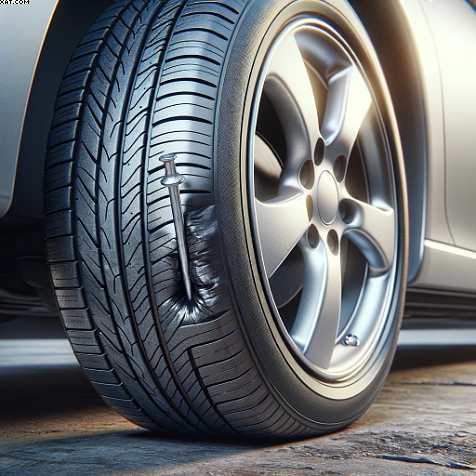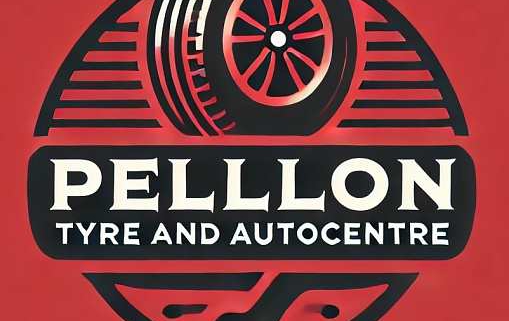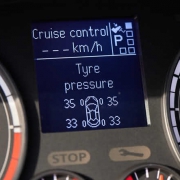SPARE TYRE and WHEEL
Table of Contents
SPARE TYRE and WHEEL

SPARE TYRE and WHEEL
WHAT SPARE TYRE SYSTEM DOES YOUR CAR HAVE?
As a tyre retailer for 40 years, this is an increasing problem for the modern motorist. When the car manufacturers had to make their cars lighter. So that they could hit their emission targets. Considering many ways to lighten the weight of their cars to make them more emissions friendly. Including other different ways of doing without a SPARE TYRE and wheel.
Today’s problem has been that the car makers did not come up with any universal and unified method of doing this. So different cars have differing systems for the replacement of your spare tyre. Consequently, the problem is that when you buy a car it is the last thing on your mind. Off course, to check out the spare wheel system for that particular model of car.
Space saver; flat tyre systems.
This was one of the first ideas to come from the car manufacturers. In theory the idea is not too bad. If you look into your boot you will see a very thin looking wheel.
With a thin-looking car tyre that actually resembles a motorbike tyre. The wheels are usually painted a bright colour, such as bright red or bright blue, to distinguish the spare wheel from the wheels on the car. The space-saving car SPARE TYRE is a different size from the rest of the tyres on the car but has the same overall diameter (height) so that when it is fitted to the car, it keeps a balanced driver experience when the wheel is being driven on.
The space-saving spare tyre is regulated to 50 MPH when used because the tyre is much thinner and can only carry the car’s weight at a slower speed. Once the tyre is fitted, it is important to get your original puncture fixed and return it to the car; this will not restrict your speed.
Run-flat tyre system– SPARE TYRE and WHEEL
The cars that are fitted with Bridgestone Run Flat Tyres do not have a spare tyre at all. The technology is in the actual tyres. When you get a puncture in a run flat, the increased strength in the tyres structure. Consequently, it supports the weight of the car without having any air in. This is only a temporary fix.
Thus, once again, the car must not exceed 50 MPH. The other downside of running flat tyres. Of course, is that because the tyre has been run on. Unfortunately, they are usually damaged beyond repair and a new one is required. The main advantage is.Subsequently, if you do get a puncture, you can just drive the car at 50 MPH. Importantly, in relative safety without the car deviating and the driver having to get out of the car and change a wheel,.
Emergency tyre repair kit, spare tyre system
This is simply a can of tyre repair solution that you screw onto the tyres valve and it release a solution into the tyre, hopefully sealing the hole that has caused the puncture. In my opinion, this is the most unsatisfactory system. In the perfect scenario, when you just have small nail or screw in the centre of your tyre, the repair kit would probably work, but this is not the usual case.
Side wall damage- SPARE TYRE and WHEEL
So in all my experience, most tyres succumb to side wall damage. Including larger repairs that the emergency repair kit will not be able to cope with. The last car that I had with this system was a Nisan Juke. Because we travel to France a couple of times a year, we needed a spare tyre, so we found an alloy wheel that fitted the studs and fitted a new spare tyre.
Because the car manufacturers do not supply these, you will also need a small jack and a wheel brace. This is an easy thing to do if you have a friendly tyre retailer, and it is well worth the effort to cover yourself in case you have a dreaded puncture in the middle of nowhere.
The main gist of this, though, is to make sure you know which spare tyre system is provided with your car and are familiar with it. Some car owners are lucky enough to have the old-fashioned spare wheel fitted, complete with a jack and a wheel brace.
Pellon Tyres are now proud members of Tyresafe.org
- Anti-Lock Brake Systems: ABS
- Exploding battery
- Battery Storage systems
- Brake Juddering Causes: What is it?
- Fiat Punto Clutch problems: since 2004? Popular car in Halifax UK

